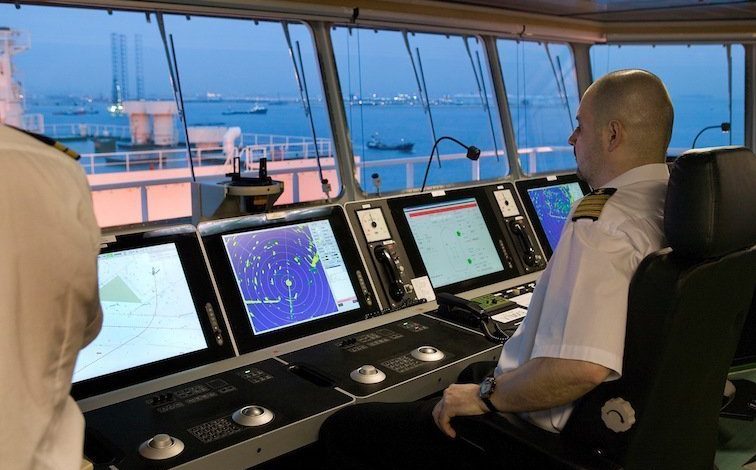Can we embrace data and technology?

Constantine Komodromos, the ceo of VesselBot, on the path to smarter shipping.
If I were reading my own post I am sure that I would be wondering what is this guy on? He founded a technology company for the maritime industry and he is saying that data and technology have no place in the market?
Well of course data and technology are, or rather should be, really important tools and enablers for the maritime industry. As in every industry data and information have got a very important and strategic role to play in every aspect of the modern business. Information technology, especially in periods where market outlook as the case of shipping is negative, becomes a tool that enables users to manage more effectively their businesses, make smarter decisions, reduce their costs, and even maximise their potential. Think of the benefits brought to their respective markets by disruptive technologies introduced in the logistics sector for example by www.flexport.com or www.transfix.io and the benefits reaped by market participants; couldn’t the shipping industry benefit as well by utilising such tools, solutions, technologies? In our mind the answer is clear. There is a strong need for a change towards a business model which will incorporate information technology to every business operation, a model towards ‘smarter shipping’.
A number of significant market players, as well as economists started realising the need for change, and have already started evangelising towards the direction of ‘smart shipping’. Take for example Dr Martin Stopford, the lead economists of Clarkson Research, who recently in an article he published mentioned that if shipping companies don’t change, and embrace technology in their operating models they will be left out of the market.
If we think about the technological gap that the maritime industry has, in regards to technology, with other similar markets like aviation it is evident that we are miles behind. Someone is poised to raise the question whether the model is sustainable as it is? Whether market participants who make business and strategic decisions, in a market that variables constantly change the way they do, can make the best possible decisions based on real data and facts? Can they keep basing their decisions based on what other market participants are saying they will do, and not what they are actually doing? Smart shipping in all senses is a must, and I think that despite the cultural shift required for it, there will be change in the market towards ‘smart shipping’; it may take some time but I would expect that this would occur pretty quickly especially if big players start adopting a different standpoint in the market towards this direction. It might be even quicker than expected. For sure the next two to three years will be decisive in the direction the market will take towards ‘smart shipping’. On the other hand, the fact that the market outlook for the majority of market segments is not very positive is a barrier, as there are a significant number of organisations struggling to survive, not allowing them to concentrate on concepts like change and innovation. I am however optimistic that we will soon start seeing a lot of change towards ‘smarter shipping’.
So where do you see shipping and the maritime industry in two to three years from now?
